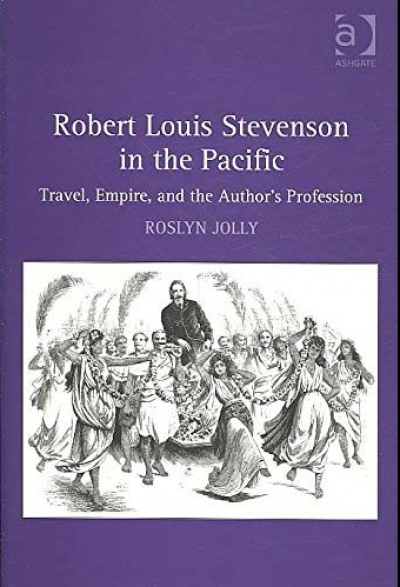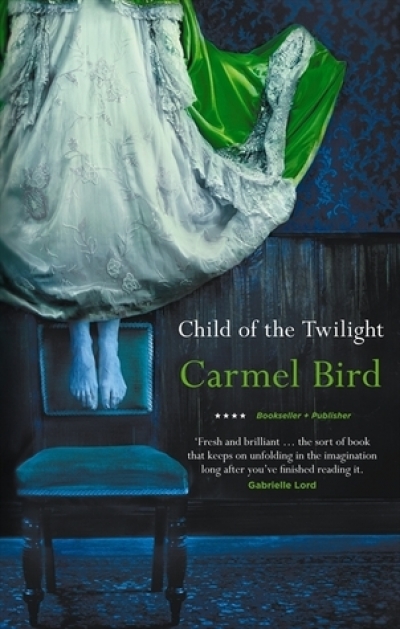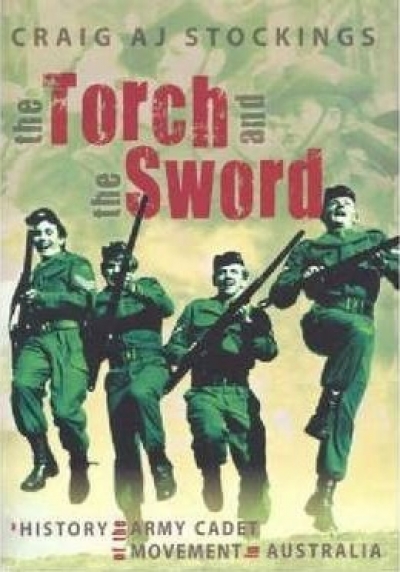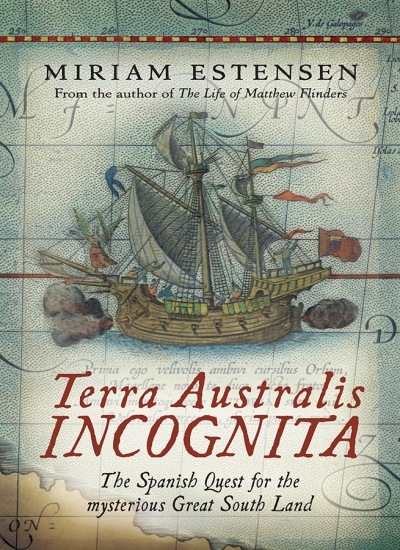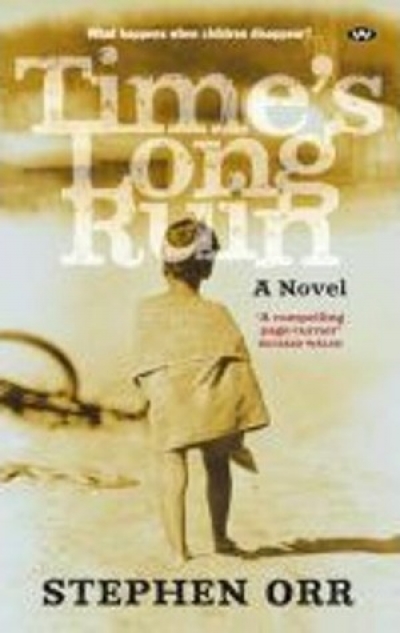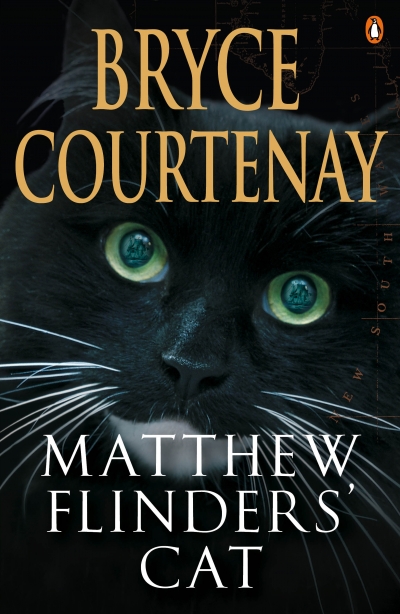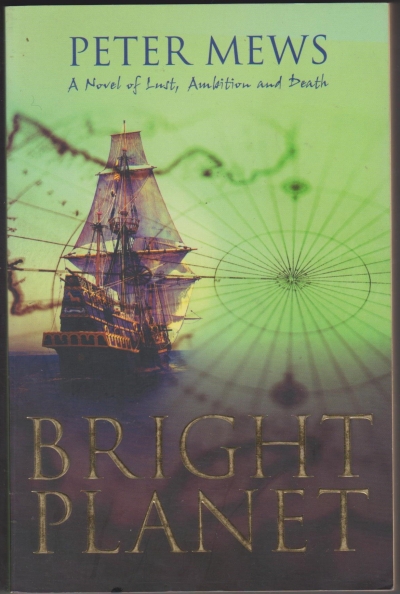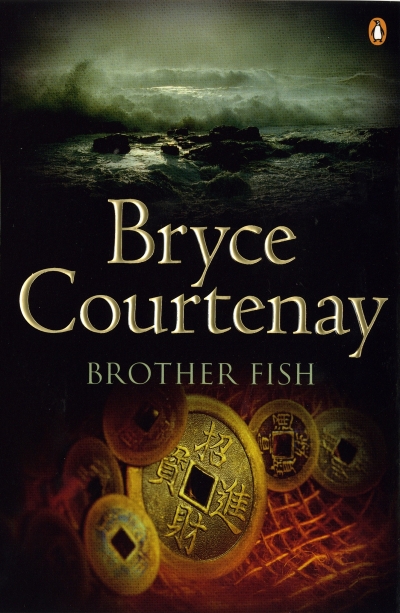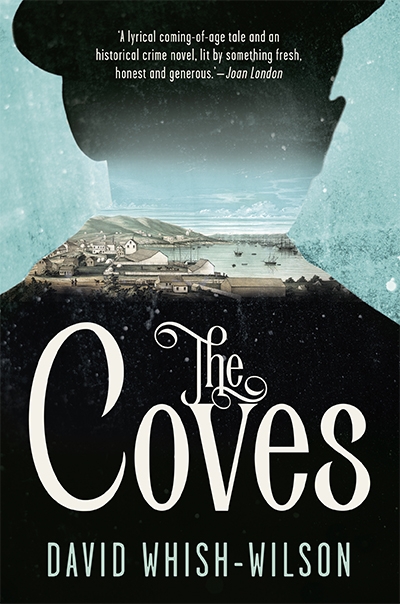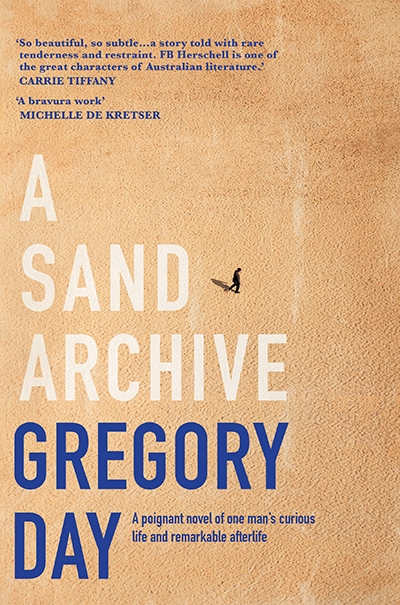Gillian Dooley
Gillian Dooley is an Honorary Senior Research Fellow in English at Flinders University, and a Visiting Fellow in the Music Department at Southampton University. Her publications include an edited book of interviews with Iris Murdoch (2003), V.S. Naipaul, Man and Writer (2006), J.M. Coetzee and the Power of Narrative (2010), and journal articles on a range of literary topics including music in the life and work of Jane Austen. In 2005 she co-edited Matthew Flinders’ Private Journal and in 2014 she published an edition of the correspondence between Iris Murdoch and the Australian radical philosopher Brian Medlin. She has been a regular reviewer for ABR since 2002. She is founding editor of the online journals Transnational Literature and Writers in Conversation.
The mystique of the Roman Catholic Church has been thoroughly exploited by the likes of Dan Brown and writers of the medieval monastic murder mysteries that gained a certain popularity following the English publication of Umberto Eco’s The Name of the Rose in 1983. Carmel Bird’s latest book contains a mystery, though not a murder. It is set mostly in 2001, but monks, convents, rosaries, black ... (read more)
The Torch and the Sword began life as Craig Stockings’s PhD thesis, and shows its origins on every page. He presents a hypothesis and refers to it often as he proceeds systematically through a chronological and thematic exposition of his subject.
... (read more)
Miriam Estensen is prodigious. It is only a year since I reviewed her Life of George Bass (2005) in ABR, and here is another well-researched historical volume, out in time to mark the four-hundredth anniversary of the Spanish expedition, which inter alia made the first European passage through the Torres Strait.
... (read more)
Lost children appear (or disappear) everywhere in literature and film: in Alice Sebold’s The Lovely Bones (2002) and Clint Eastwood’s Changeling (2008). Wendy James’s new novel, Where Have You Been?, concerns a lost teenager, and Carmel Bird’s Child of the Twilight (which I reviewed in last month’s ABR) explores the mythic status of the lost child. However, Stephen Orr’s novel Time’s ... (read more)
Halfway through Matthew Flinders’ Cat, the protagonist admits that, when writing, he finds it ‘almost impossible to leave out what others might think of as superfluous detail. It was, he knew, self-indulgence.’ Is this a moment of self-directed irony on Bryce Courtenay’s part, or a case of the pot calling the kettle black? This novel brims with ‘superfluous detail’, and there is little ... (read more)
Matthew Flinders, arriving in Sydney in 1803 after circumnavigating Australia, wrote to his wife bemoaning ‘the dreadful havock that death is making all around’. The sailors in Peter Mews’s Bright Planet have a more phlegmatic attitude. At least twelve of the ship’s complement of sixteen fail to survive the expedition. There may be more, but death becomes an everyday occurrence hardly wort ... (read more)
What a phenomenon Bryce Courtenay is. In a world where we are constantly being told that books are on the way out, he sells them by the barrow-load. They’re big books, too. This one weighs 1.2 kilograms and is seven centimetres thick. It’s the kind of book that makes a reviewer wish she was paid by the number of words read rather than written. Perhaps that is part of Courtenay’s secret: 842 ... (read more)
A small bay is a cove, and so is a man, according to old-fashioned slang. The Coves takes advantage of this coincidence: it’s a story about a gang of men that rules ‘Sydney Cove’ in the mid-nineteenth century. But this is not the familiar Sydney Cove in New South Wales. There is another one across the Pacific in San Francisco, where arrivals from Australia, ‘pioneers in … viciousness and ... (read more)
‘And so I patch it together … I take the liberty of seeking not only an explanation but a connection between what at first might appear to be disparate ingredients.’ The narrator of Gregory Day’s new novel, A Sand Archive, takes many liberties. Enigmatic in various ways, apparently solitary, nameless, and ungendered, this character is nevertheless full of fascinated admiration and affectio ... (read more)


